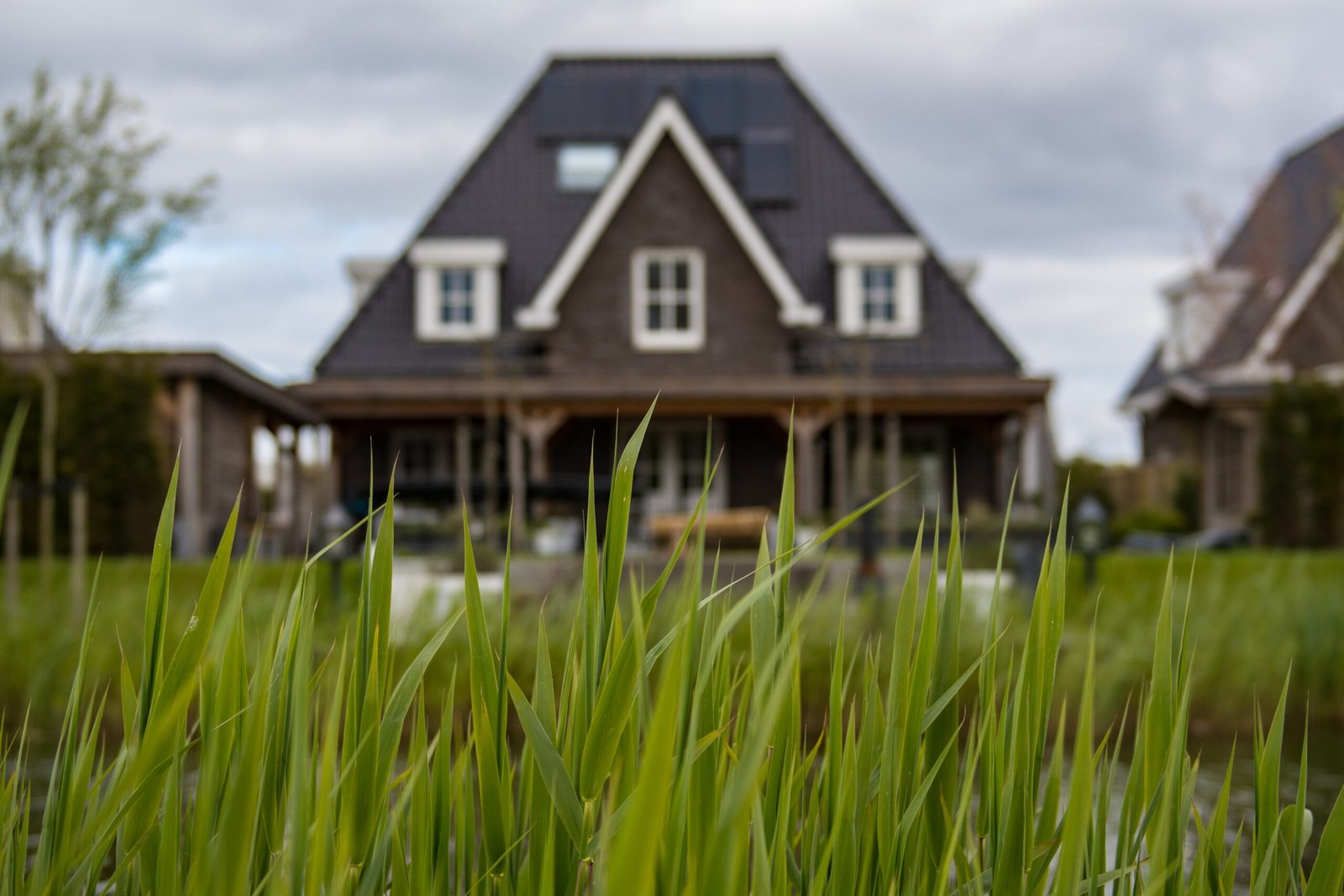Buying a house for the first time is an exciting experience, but it can also be a daunting one. Among the many questions that come to mind is, “How much money do I need to buy a house for the first time?” In this article, we will help you understand the costs associated with buying a house and how to plan for them.
Down Payment
When it comes to buying your first home, one of the most important factors to consider is the down payment. Essentially, the down payment is the initial payment made towards the total cost of the house. This payment is typically made in cash and represents a percentage of the total cost of the property.
The amount required for a down payment varies depending on a few key factors. Firstly, it depends on the cost of the home you wish to purchase. The more expensive the home, the larger the down payment required. Additionally, it also depends on the lender and the type of mortgage you are seeking. Some lenders may require a larger down payment than others, and certain types of mortgages may have different down payment requirements.
In general, the standard down payment amount is 20% of the total cost of the home. However, it is possible to put down a smaller amount, with some lenders allowing down payments as low as 3%. Keep in mind that putting down a smaller down payment may come with additional fees, such as mortgage insurance, and may also result in higher monthly payments.
While a larger down payment may seem daunting, it can actually be a wise financial decision. A larger down payment can help reduce your monthly mortgage payments, as well as the amount of interest you will pay over the life of your loan. It can also increase your chances of being approved for a mortgage and may even result in a lower interest rate.
Ultimately, the amount required for a down payment depends on several factors, and it is important to research and compare lenders and mortgage options to find the best fit for your financial situation.
Closing Costs
When you are buying your first home, it is important to be aware of the various costs associated with the process. One of the most significant costs to consider is closing costs. Closing costs refer to the fees and expenses that are incurred during the final stages of the home-buying process.
Closing costs can vary depending on several factors, including the cost of the home, the location, and the lender. Typically, closing costs range from 2% to 5% of the total cost of the home. Some common fees included in closing costs include loan origination fees, appraisal fees, title search fees, and legal fees.
It is important to note that closing costs are typically paid at the time of closing, which is when the home purchase is finalized. These costs can be paid either by the buyer or the seller, depending on the terms of the purchase agreement. In some cases, it may be possible to negotiate with the seller to have them cover some or all of the closing costs.
While closing costs can seem like an added expense, they are an essential part of the home-buying process. These fees cover important tasks such as the home appraisal and title search, which help ensure that the property is in good condition and that there are no legal issues with the sale.
To prepare for closing costs, it is important to budget accordingly and plan ahead. Researching and comparing lenders and mortgage options can help you find the best fit for your financial situation, and may also help you negotiate lower closing costs. Additionally, working with an experienced real estate agent can also help you navigate the home-buying process and understand the various costs involved.
Overall, while closing costs may seem daunting, they are an important part of the home-buying process. With proper planning and research, you can prepare for these costs and ensure that the home-buying process goes smoothly.
Home Inspection
When you’re buying a home for the first time, it’s important to make sure that you’re making a wise investment. One way to do that is by scheduling a home inspection. A home inspection is a thorough examination of a home’s structure, systems, and appliances to assess its overall condition and identify any potential issues.
During a home inspection, a licensed inspector will typically check the home’s foundation, roof, electrical and plumbing systems, heating and cooling systems, as well as any appliances that are included in the sale. The inspector will also look for any signs of water damage, mold, or pest infestation.
The goal of a home inspection is to give the buyer an objective assessment of the condition of the home, which can help them make an informed decision about whether or not to move forward with the purchase. If any issues are identified during the inspection, the buyer can then use this information to negotiate with the seller for repairs or a lower sale price.
It’s important to note that while a home inspection can be a valuable tool for buyers, it is not a guarantee that there are no issues with the home. There may be hidden problems that are not visible during the inspection, so it’s important to approach the home-buying process with a level of caution and to be prepared for unexpected expenses.
To schedule a home inspection, it’s important to work with a reputable inspector who has experience and credentials in the field. Your real estate agent may be able to recommend a qualified inspector, or you can research local inspection companies to find one that meets your needs.
Overall, a home inspection is an important step in the home-buying process. It can give buyers peace of mind and help them make an informed decision about their investment. If you’re buying a home for the first time, be sure to consider scheduling a home inspection to ensure that you’re making a wise purchase.
Moving Expenses
Moving into a new home can be exciting, but it can also be a stressful and expensive process. When you’re buying a home for the first time, it’s important to consider the cost of moving expenses in addition to the down payment and closing costs.
Moving expenses can include a variety of costs, such as hiring professional movers, renting a moving truck, purchasing packing supplies, and travel expenses if you’re moving a long distance. The total cost of moving can vary depending on factors such as the size of your home, the distance of your move, and whether you’re hiring professional movers or doing it yourself.
To minimize the cost of moving, it’s important to plan ahead and shop around for the best deals. Research moving companies in your area and compare quotes to find the most affordable option. You can also save money by packing your own belongings and using free or low-cost packing supplies such as boxes and packing paper.
If you’re moving a long distance, consider selling or donating items that you no longer need to reduce the amount of items that you need to move. You can also save money by planning your move during the off-season, when moving companies may offer lower rates.
It’s also important to factor in any additional expenses that may arise during the moving process, such as temporary storage fees or the cost of setting up utilities in your new home.
Overall, moving expenses can add up quickly, so it’s important to plan ahead and budget accordingly. By researching your options, shopping around for the best deals, and minimizing unnecessary expenses, you can make the moving process more affordable and less stressful.
Furnishing and Renovation
After you’ve bought your first home, it’s natural to want to make it your own by furnishing and potentially renovating certain areas. However, this can be a significant expense that should be taken into consideration when budgeting for your home purchase.
Furnishing your home can involve buying furniture, appliances, and decor. The cost of furnishing your home can vary depending on your style and preferences, as well as the size of your home. It’s important to budget for these expenses and prioritize what you need first. Consider buying furniture and appliances gradually over time, rather than all at once, to spread out the cost and avoid overspending.
Renovating your home can also be a major expense, but it can increase the value of your home over time. Before beginning any renovations, it’s important to research the costs involved and create a budget. Consider working with a professional contractor or designer to help you create a plan that fits within your budget and meets your needs.
If you’re on a tight budget, there are ways to save money on home furnishings and renovations. Consider buying used furniture or appliances from thrift stores, garage sales, or online marketplaces. You can also save money on renovations by doing some of the work yourself or using affordable materials.
Ultimately, furnishing and renovating your home is a personal choice that depends on your lifestyle and budget. By planning ahead and prioritizing your needs, you can make smart choices and create a comfortable and personalized living space without breaking the bank.
In conclusion, buying a house for the first time can be expensive. You will need to have a significant amount of money set aside for the down payment, closing costs, home inspection, moving expenses, and furnishing and renovation costs. It is essential to plan carefully and budget accordingly to avoid any financial surprises. Remember to shop around and compare mortgage rates and fees from different lenders to find the best deal for your situation.
FAQs:
Q: Can I get a mortgage with a low credit score?
A: Yes, it is possible to get a mortgage with a low credit score, but you may be required to pay a higher interest rate and provide a larger down payment.
Q: Can I negotiate closing costs with the lender?
A: Yes, it is possible to negotiate closing costs with the lender. You can ask for a breakdown of the fees and try to negotiate lower rates or ask the seller to cover some of the costs.
Q: How much should I budget for home repairs and maintenance?
A: It is recommended to set aside 1% to 2% of the house’s total value per year for home repairs and maintenance.
Remember to plan carefully and budget accordingly when buying a house for the first time. Understanding the costs associated with buying a house is essential to avoid any financial surprises. With careful planning, you can make your dream of homeownership a reality.






